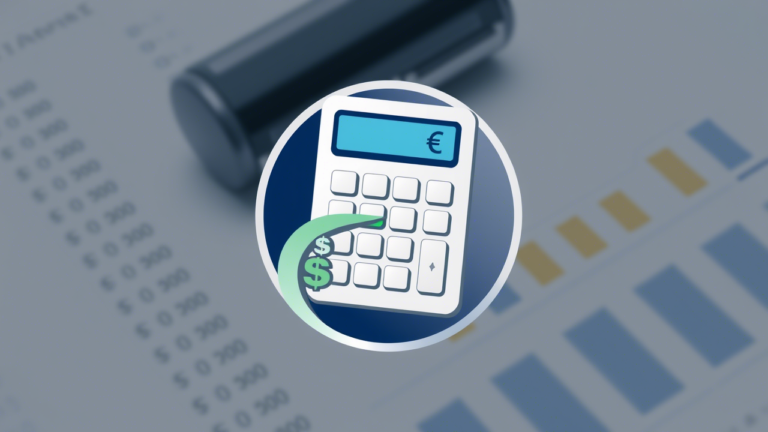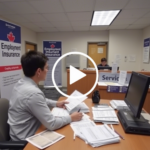The gig economy in Canada is booming, with more freelancers and gig workers than ever before. While this flexible way of working offers freedom and opportunity, it also brings unique challenges when it comes to managing payroll, taxes, and payments. Whether you’re a freelancer or a business hiring gig workers, understanding the essentials of freelancer payroll is key to staying compliant and financially healthy.
How Freelancers and Gig Workers Are Classified
Freelancers and gig workers are considered self-employed by the Canada Revenue Agency (CRA). This means they are responsible for tracking their income, invoicing clients, and handling their tax obligations. Businesses that hire gig workers are not required to make payroll deductions for income tax, CPP, or EI, but should ensure proper classification and documentation.
Managing Payments to Freelancers
- Clear Contracts: Always outline payment terms, deliverables, and timelines in a written agreement.
- Invoice Management: Freelancers should provide detailed invoices for each project or milestone. Businesses must keep accurate records of all payments made.
- Payment Methods: Common options include direct deposit, e-transfer, cheque, or using a Canadian payroll service to automate and track payments.
- Record Keeping: Both parties should keep copies of contracts, invoices, and payment confirmations for tax and audit purposes.
Tax Responsibilities for Gig Workers
- Income Tax: Freelancers must report all income earned and pay personal income tax on their net business income. No taxes are withheld at source, so setting aside a portion of each payment for taxes is essential.
- GST/HST: If annual revenues exceed $30,000, freelancers must register for GST/HST, charge it on their invoices, and remit collected amounts to the CRA.
- CPP Contributions: Self-employed individuals must pay both the employer and employee portions of Canada Pension Plan contributions, calculated on net business income.
- Expense Deductions: Gig workers can reduce their taxable income by deducting eligible business expenses such as home office costs, supplies, travel, and professional services.
Best Practices for Businesses Hiring Gig Workers
- Verify the contractor’s status to avoid misclassification penalties.
- Request invoices and keep payment records organized.
- Consider using payroll solutions in Canada to streamline payments and generate year-end summaries.
- Issue a T4A slip if you pay a contractor more than $500 in a year, though this is not always mandatory.
Tips for Freelancers to Stay on Top of Payroll and Taxes
- Use accounting software or a Canadian payroll provider to track income and expenses.
- Set aside money for taxes and CPP contributions with each payment received.
- Keep all receipts and documentation for deductible expenses.
- Consult a tax professional if you have questions about deductions or filing requirements.
Takeaway
Managing taxes and payments as a freelancer or gig worker in Canada requires organization, discipline, and the right tools. For businesses, clear processes and documentation are essential when hiring gig workers. Leveraging payroll software in Canada can help both freelancers and companies simplify compliance, reduce errors, and focus on what matters most: growing your business.
Ready to simplify freelancer payroll?
Discover how VTAC Payroll can help you manage payments, taxes, and compliance for gig workers across Canada.






